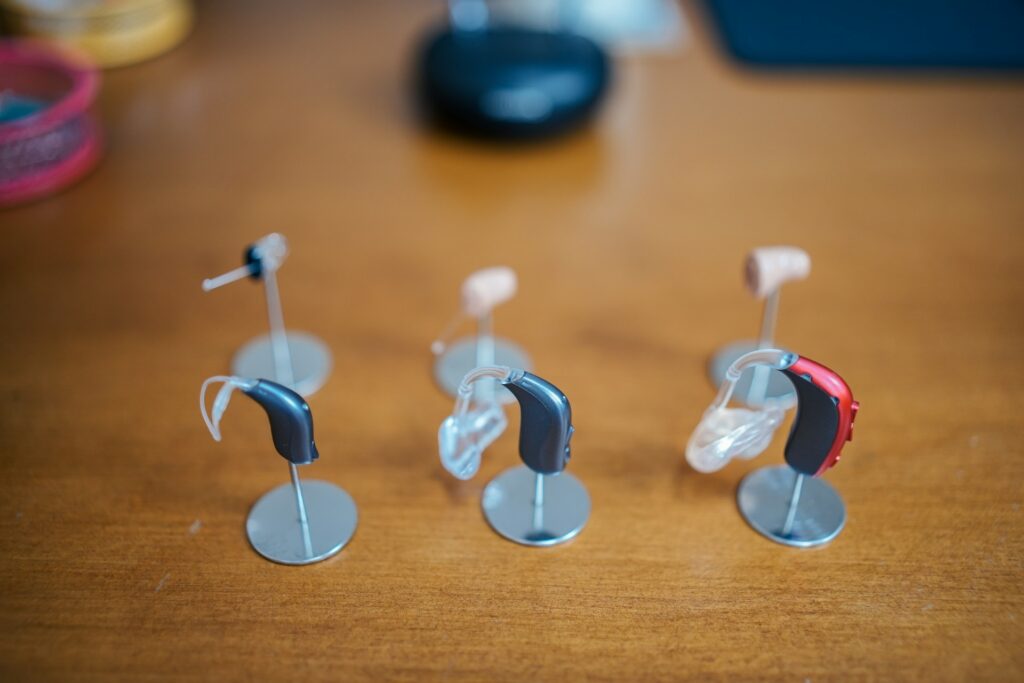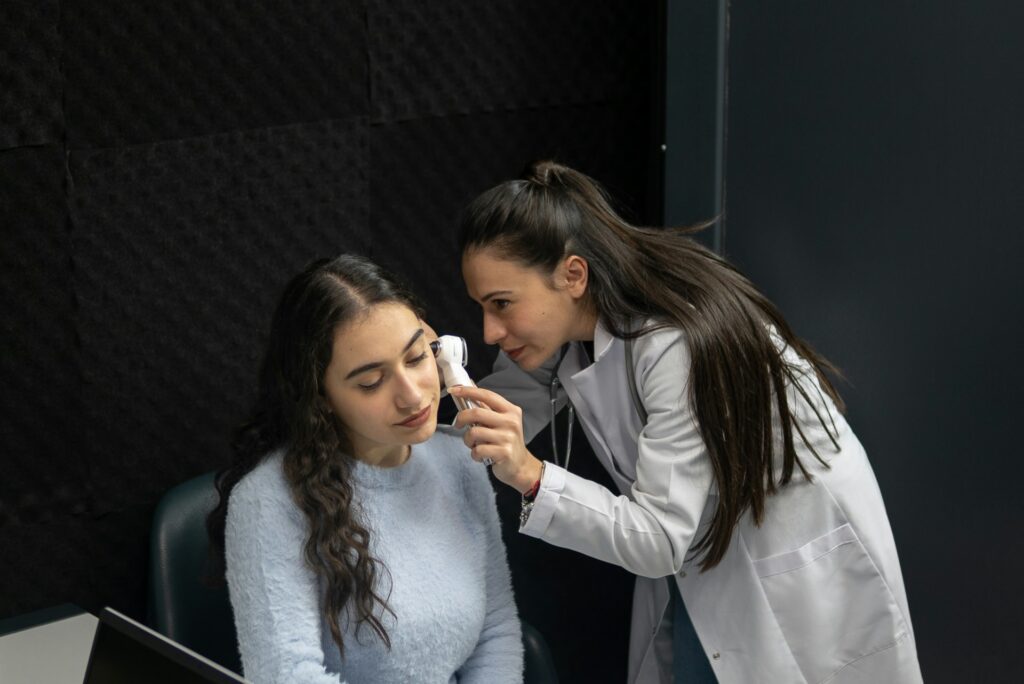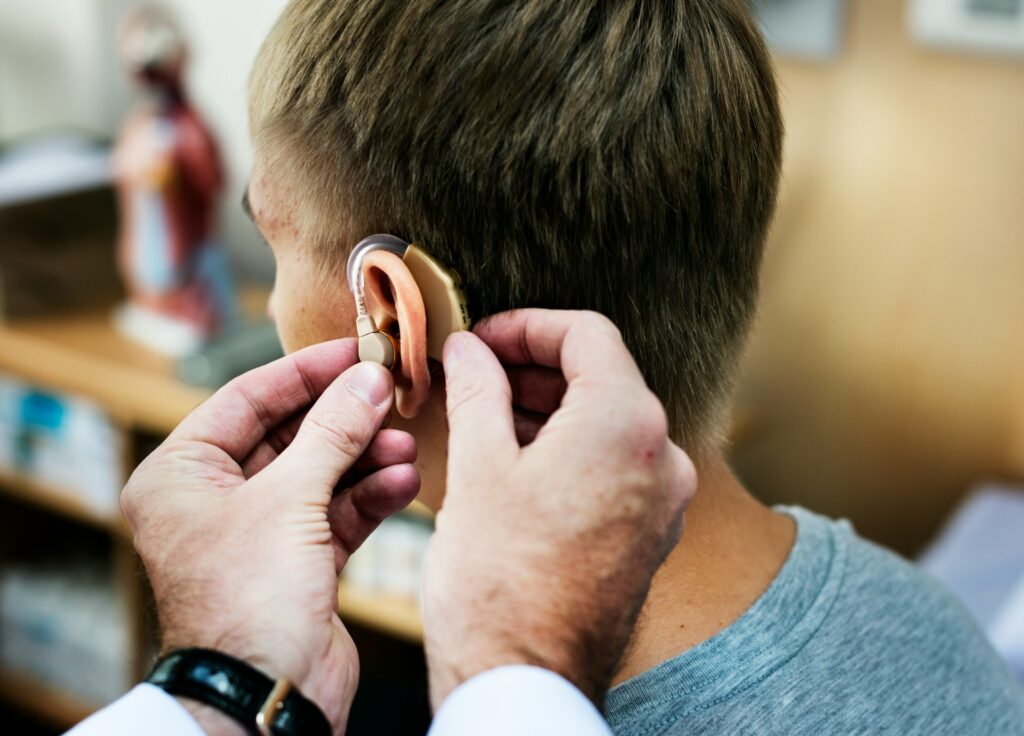Hearing loss is a common problem, affecting millions of people worldwide. While it can happen to anyone at any age, it’s more common in older adults. Hearing loss can be caused by several things, including disease, injury, and exposure to loud noise.
However, what if you just lose hearing in one ear? What is the cause, and how do you resolve it?
Your ears need to work together in gathering data in the form of sound and transmitting it to your brain for interpretation. So, hearing loss in one ear is a medical emergency. You’ll need to consult your doctor or an audiologist as soon as possible to uncover the cause and get immediate treatment.
Here are three fundamental facts you need to know about hearing loss in one ear:
1. Hearing Loss in One Ear Is a Common Problem
Hearing loss is a typical health problem in Australia. In fact, over 3.6 million people suffer from hearing loss.
While hearing loss in one ear may be a common problem, it still significantly impacts your quality of life. It is vital to see an ENT doctor (ear, nose and throat) first.
2. Hearing Loss in One Ear Can Develop Gradually or Suddenly
Hearing loss in one ear makes hearing difficult when there is a lot of background noise. It might also imply that you can hear your phone ring but cannot find it since your brain requires information from both ears to localise sound. Balance may be affected by hearing loss in one ear, too.
This health issue can also be caused by a variety of disorders, including:
- A pathogen infiltrating your auditory system.
- A bacterial ear infection
- Accumulation of ear wax
- Outer and middle ear irritation
- An eardrum rupture
- A harmless tumour on your auditory nerve
- Trauma to the side of your head
- Inner ear illnesses such as Meniere’s disease
- Ramsay Hunt syndrome
The first step in treating unilateral hearing loss is to identify the source of the problem. If an underlying condition is what’s causing your hearing loss in one ear, then that condition must be treated with medication or surgery. However, if everything has been ruled out, then the hearing loss will be treated with a hearing aid.
But before that, a hearing test is necessary at this point so your audiologist can assess your level of hearing.
3. Most Hearing Loss in One Ear Is Treatable
If the hearing loss in one ear is caused by damage to the inner ear, it is often permanent. However, some treatments can help to improve hearing, such as hearing aids.
A CROS device can help if you have one healthy ear and one completely deaf ear (contralateral signal routeing). The transmitter or microphone is worn on your deaf ear, while the receiver is on your hearing ear.
Conclusion
If you suspect hearing loss in one ear, you must see a doctor for a diagnosis. This is so you can work towards restoring your hearing and also protect the other ear from hearing loss. Many treatments available can help improve your hearing and quality of life, so don’t be afraid to have your ears checked.
For the best Australian hearing services to help you prevent hearing loss, Country Hearing Care is here for you. We provide complete hearing health care, offering services from hearing tests and hearing aids to balance issues and wax management. Schedule a hearing appointment and meet with one of our local hearing professionals who can help you.










